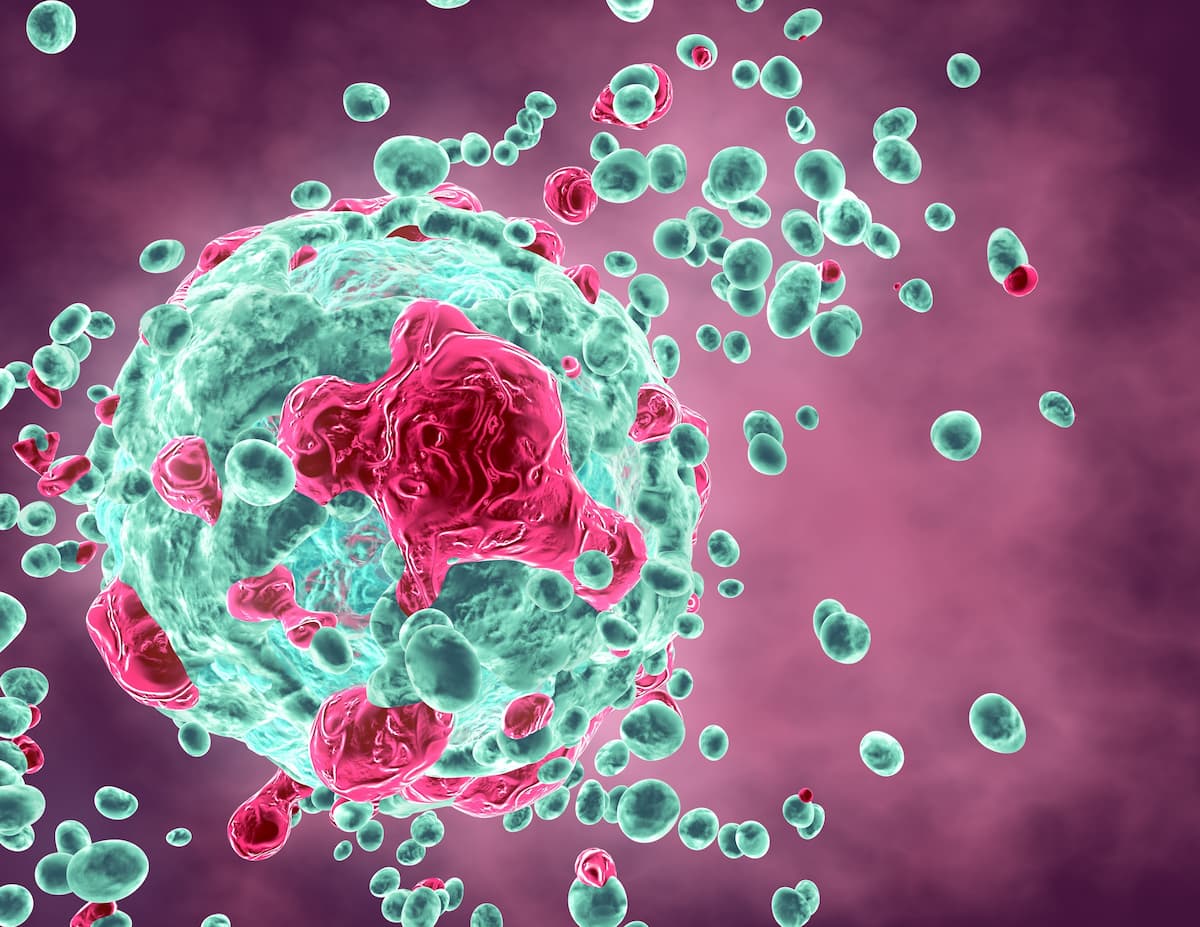FDA Accepts Supplemental BLA for Nivolumab in Stage IIB/C Melanoma
The European Medicines Agency also validates a type 2 variation marketing authorization application for nivolumab in resected stage IIB or IIC melanoma.
The FDA has accepted a supplemental biologics license application for nivolumab (Opdivo) monotherapy as an adjuvant treatment for patients with completely resected stage IIB or IIC melanoma, according to a press release from Bristol Myers Squibb.1
"We look forward to working with the [FDA] and the [EMA] to potentially offer a treatment option to patients with stage IIB or IIC melanoma that could help prevent recurrence," according to the manufacturers of nivolumab.

The FDA has set a Prescription Drug User Fee Act of October 13, 2023.
Additionally, the European Medicines Agency (EMA) has validated a type 2 variation marketing authorization application and initiated a centralized review process for nivolumab in the same indication.
The applications for nivolumab were supported by efficacy and safety data from the phase 3 CheckMate-76k trial (NCT04099251). According to a read out at the 2022 Society for Melanoma Research (SMR) Annual Meeting, nivolumab reduced the risk of disease recurrence or death by 58% compared with placebo (HR, 0.42; 95% CI, 0.30-0.59; P <.0001).2
Additionally, the 12-month recurrence-free survival (RFS) rate was 89% (95% CI, 86%-92%) with nivolumab vs 79% (95% CI, 74%-84%) with placebo.
“The data from the CheckMate-76K trial demonstrate the benefit that [nivolumab] can have for patients with this earlier stage of cancer,” Gina Fusaro, PhD, vice president and lead of the Development Program at Bristol Myers Squibb, said in the press release. “We look forward to working with the [FDA] and the [EMA] to potentially offer a treatment option to patients with stage IIB or IIC melanoma that could help prevent recurrence.”
Investigators of the randomized, double-blind phase 3 CheckMate-76k trial compared nivolumab vs placebo as treatment for patients with completely resected stage IIB or IIC melanoma. Patients either received 480 mg of adjuvant melanoma every 4 weeks for up 12 to months or matched placebo.
The primary end point of the trial was RFS. Secondary end points included overall survival, occurrence and severity of adverse effects (AEs), distant metastases-free survival, and investigator-assessed outcomes on next-line therapies.
Patients 12 years and older with a negative sentinel lymph node biopsy and a histological diagnosis of resected stage IIB or IIC cutaneous melanoma were eligible for enrollment on the trial. Additional inclusion criteria included having an ECOG performance status of 0 or 1 and not receiving prior treatment for melanoma.
Patients with a history of ocular or mucosal melanoma or who were pregnant or nursing were unable to enroll on the trial. Patients were also unsuitable for enrollment if they had known or suspected autoimmune disease; a known history of allergy or hypersensitivity to study drug components; or had previously received treatment with an anti–PD-L1, anti–PD-L2, anti-CD137, or anti–CTLA-4 antibody.
According to the data read out at the SMR Annual Meeting, nivolumab yielded no new safety signals at the time of analysis. Investigators reported grade 3 or 4 treatment-related AEs (TRAEs) in 10% of patients receiving nivolumab and 2% of those receiving placebo. Additionally, the treatment discontinuation rate due to TRAEs was 15% vs 3% in the respective treatment cohorts.
References
- U.S Food and Drug Administration accepts Bristol Myers Squibb’s supplemental biologics license application and European Medicines Agency validates application for Opdivo (nivolumab). News release. Bristol Myers Squibb. February 28, 2023. Accessed February 28, 2023. bit.ly/3SEJeXk
- Bristol Myers Squibb presents data from CheckMate -76k showing Opdivo (nivolumab) reduced the risk of recurrence or death by 58% versus placebo in patients with completely resected stage IIB or IIC melanoma. News release. Bristol Myers Squibb. October 19, 2022. Accessed February 28, 2023. https://bit.ly/3VKfLMH